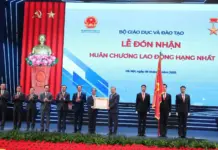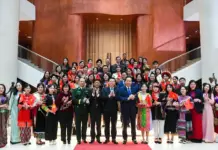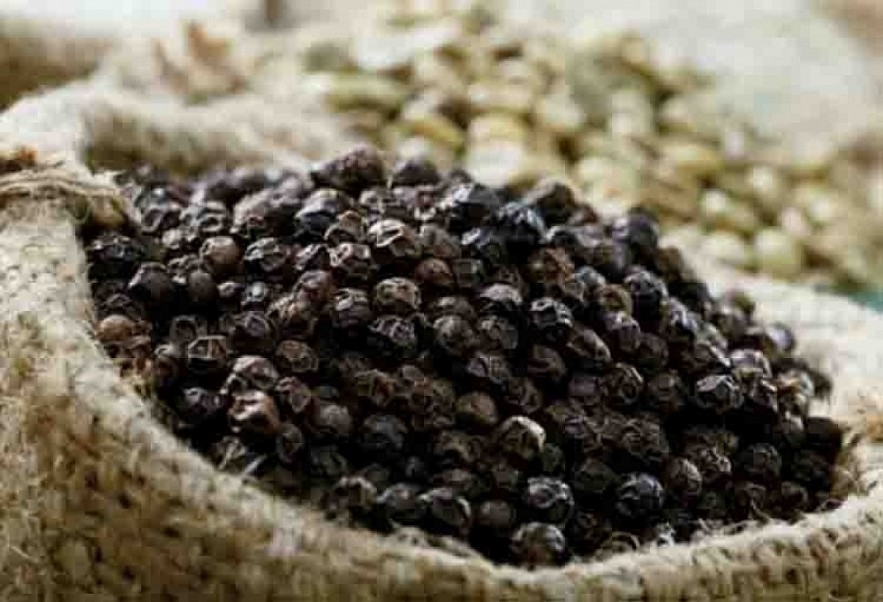 |
| Vietnam is responsible for 60% of the total volume of pepper consumed globally. Photo: VOV |
According to statistics from the agency VOV, Vietnam exported 267,000 tonnes of pepper in 2023, generating $912 million in revenue. This represents a 16.6% increase in volume but a 6% decrease in value.
The US accounted for 23.5% of Vietnam’s total export earnings from January to November 2023, followed by China (14.1%), India (5.4%), and Germany (4.3%).
The Vietnam Pepper and Spice Association (VPSA) reports that Vietnamese pepper has a strong competitive advantage over similar products from other producers such as Indonesia, Malaysia, India, Sri Lanka, and Cambodia, thanks to incentives provided by the EU-Vietnam Free Trade Agreement (EVFTA).
Currently, the import tax on ground or cracked pepper exported to the EU is reduced from 4% to 0%.
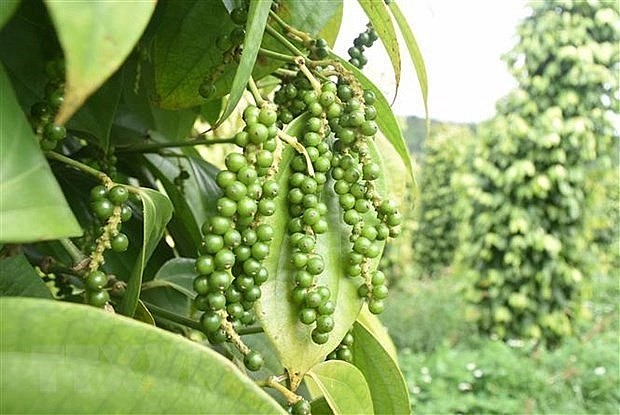 |
| Vietnam exported 267,000 tonnes of pepper in 2023, generating $912 million in revenue. Photo: VNA |
In addition, Vietnam’s pepper industry is highly regarded for its processing capacity, with processed products accounting for approximately 30% of total export turnover.
VPSA predicts that pepper exports will remain at a low level due to a decrease in local supply, which will ultimately drive up the price of this agricultural product. This year’s pepper crop is expected to decrease by about 10-15%, reaching an estimated 160,000-165,000 tonnes.
To fully utilize the benefits of the EVFTA and expand further into the EU market, Vietnamese pepper firms should focus on sustainable development and better meet the requirements of the EU market, as suggested by experts.
The EU has also increased its scrutiny of pesticide residues and has become more rigorous in inspecting maximum residue levels (MRLs) for food in general and Vietnamese spices in particular, according to VietnamPlus.
VPSA stated that the EU has already issued over 500 criteria on MRLs and is likely to impose stricter requirements in the future.
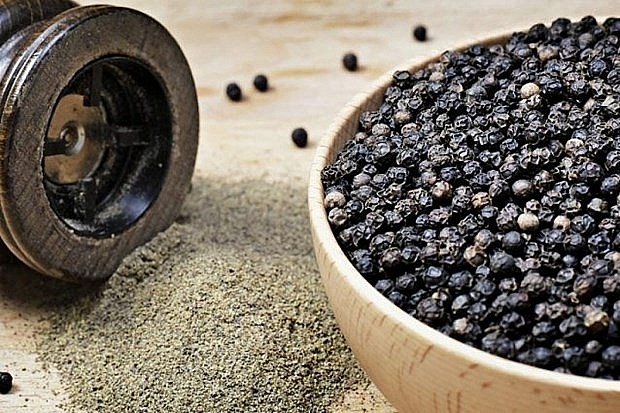 |
| Vietnam’s pepper industry is highly regarded for its processing capacity. Photo: VNA |
Therefore, the VPSA calls for cooperation among all parties in the supply chain, including farmers, enterprises, associations, and government agencies, to enhance the competitiveness of Vietnamese pepper in the global market.
Enterprises are advised to improve their processing facilities and production processes, as well as diversify their product offerings.
Throughout the entire value chain, risk management should be prioritized, and origin traceability and product labeling should ensure transparency and accountability./.
Dutch ambassador is impressed by how Vietnam contains Covid-19 pandemic
Dutch ambassador to Vietnam Elizabeth Akkerman expressed her impression of Hanoi’s efforts to ensure sustainability and inclusivity in plans to get people’s life on track when Covid-19 is basically under control.






